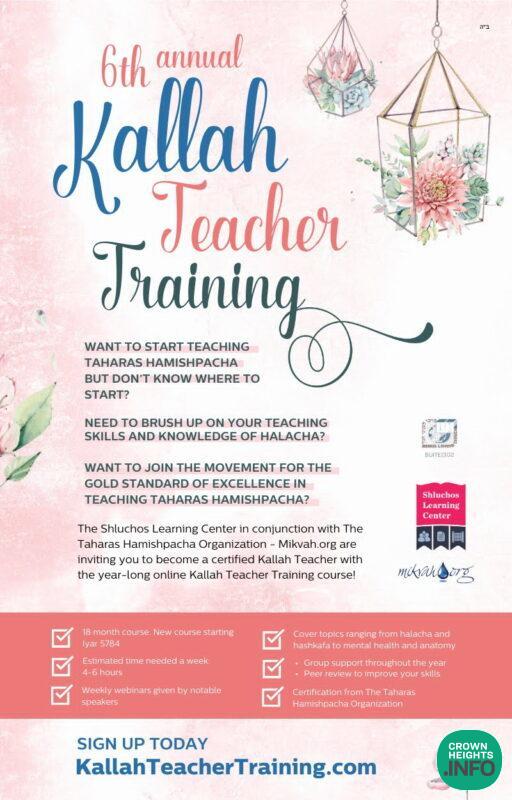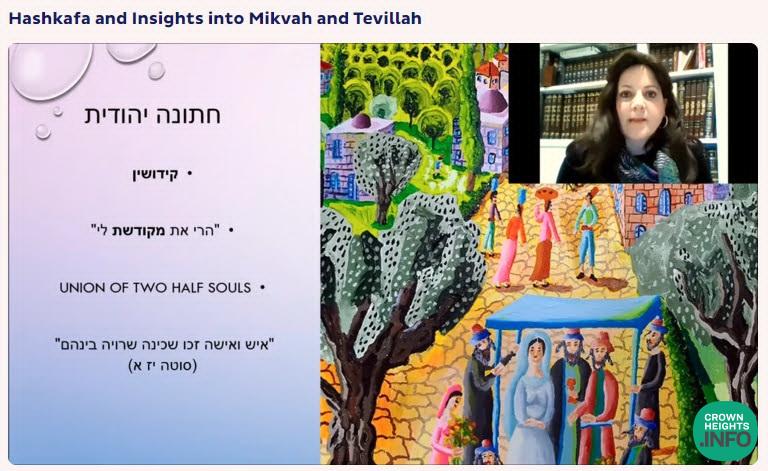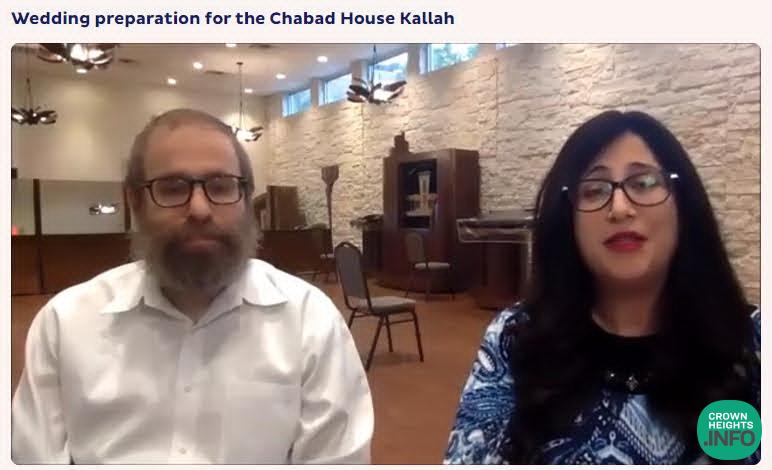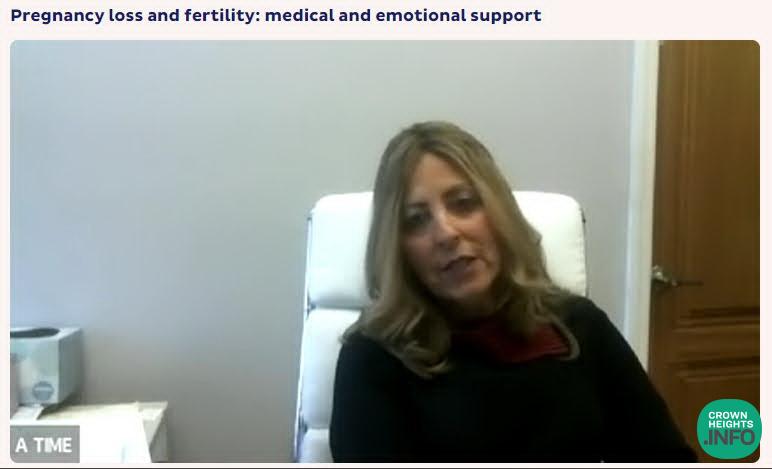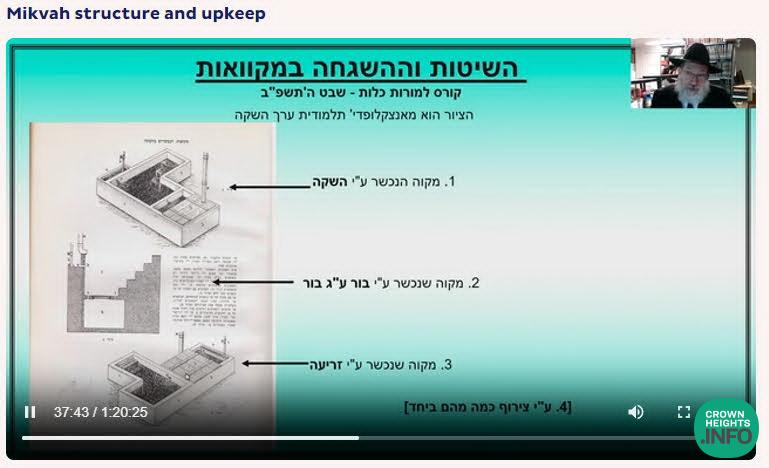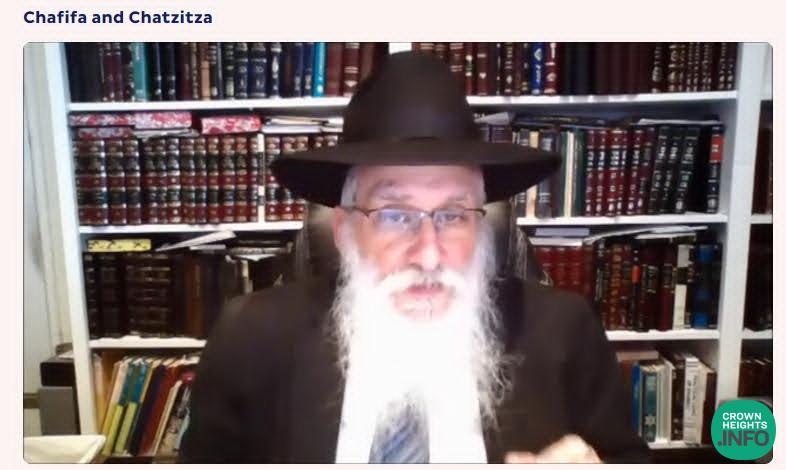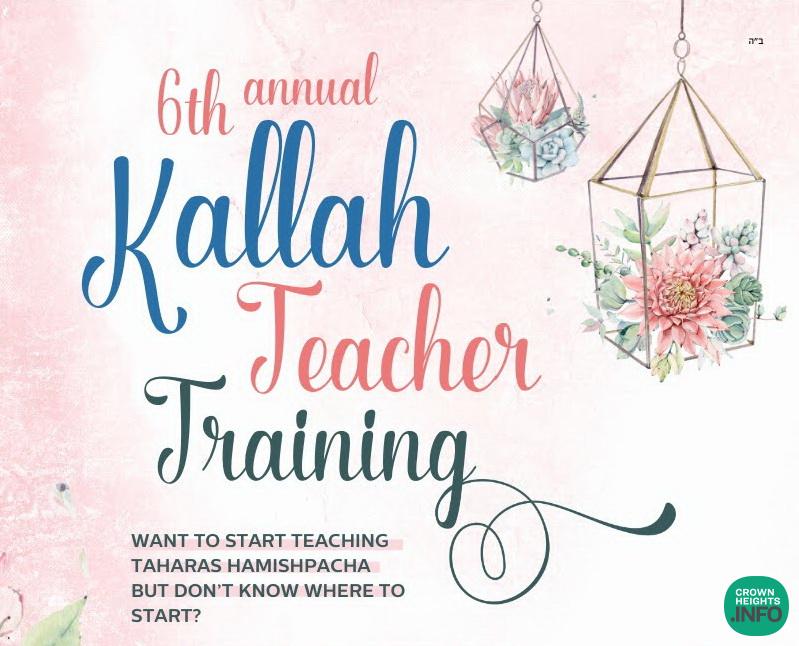
In-Depth Kallah Teacher Training Initiative To Launch New Semester
Over the past six years, more than 250 Kallah teachers have been trained by Merkos 302’s Shluchos Learning Center and Mikvah.org’s Kallah Teacher Training program. Open to Shluchos and Anash alike, the webinar course promises to provide an all-encompassing knowledge base for Kallah teachers. The 18-month extensive course leaves no stone unturned, covering Halacha, Hashkafa, Chassidus, mental and emotional health, and all topics a Kallah Teacher needs to be equipped with, culminating in certification for graduates.
Perhaps one of the most complex of The Rebbe’s Ten Mivtzoyim to share with others, Taharas Hamishpacha can be a daunting topic to teach. A foundational training course is, therefore, the ideal way to approach this venture, ensuring a Kallah teacher can mentor brides with the utmost professionalism and sincerity. An impressive array of teachers from various perspectives, halachic experts, health professionals, and Mashpiim, all give a few classes, contributing to a well-rounded curriculum. Active mentor support and group discussions ensure no student is alone in their journey.
Geared toward the committed student, the course requires 4 – 6 hours of study per week, which promises to be rewarding both personally and for a Shlucha’s interactions with community members.
“After Mikvah.org organized the first course for Kallah Teacher Training in 5777, it became imperative that we find a way to make the course accessible globally,” says Mrs. Chassi Rivkin, Director of Operations at mikvah.org. “Through the current partnership with the Shluchos Learning Center, we were able to restructure and scale the course model.”
A combination of pre-recorded sessions, zoom sessions with accessible recordings, and mentor-led personal study makes the course adaptable to one’s own schedule. This model accommodates Shluchos living in remote areas, in different timezones, and leading busy lifestyles.
“After taking this course, I was able to help guide at least six unique, different couples with varying degrees of needs and religious levels. Just knowing and being exposed to the resources that are out there is highly recommended.” says course graduate Manya Lazaroff, Shlucha to College Station, Texas. With sessions discussing detailed halachos of harchakos, Mikvah preparation and immersion, etc, the course teaches the highest levels of Taharas Hamishpacha observance but can be adapted to brides of all levels and communities.
“In our community, most brides are coming for a quick primer on going to Mikvah once before their wedding, but I try to encourage them to consider continuing this great Mitzvah into their marriage as well,” Mrs. Henny Brandman, Shlucha to Buckhurst Hill, Essex, UK said. “The knowledge gained from this course has enabled me to bring up the topic in a more informed and uplifting way. I’m looking forward to teaching the next group of Kallahs in Essex who are getting married this summer.”
In-depth classes over a long period of time allow no topic to be overlooked. Focus is also given to couples’ mental and emotional well-being from the engagement period through marriage and even to potential issues later in marriage, in the context of Taharas Hamishpacha.
In addition to becoming a qualified Kallah instructor, being fully proficient in these complex matters empowers a Shlucha or community leader to engage with community members on an everyday basis with more sensitivity. Mrs. Nechama Haskelevich, Shlucha to the University of Pennsylvania, says, “The classes impacted the casual conversations I have with students on topics relating to Jewish marriage, relationships, the Jewish home, and the Jewish woman.”
“This course takes an age-old tradition of Kallah lessons and empowers Shluchos to teach them in a contemporary setting, appealing to their community’s particular demographic,” says Rabbi Mendy Kotlarsky, Executive Director of Merkos 302. “With increasing numbers of people looking to start Jewish homes and relationships, this course ensures community leaders are equipped to provide the support and guidance couples need.”
Course details:
Course begins 28 Nissan (May 6)
Registration will close Rosh Chodesh Nissan (April 9th)
For more information or to register, visit, kallahteachertraining.com
